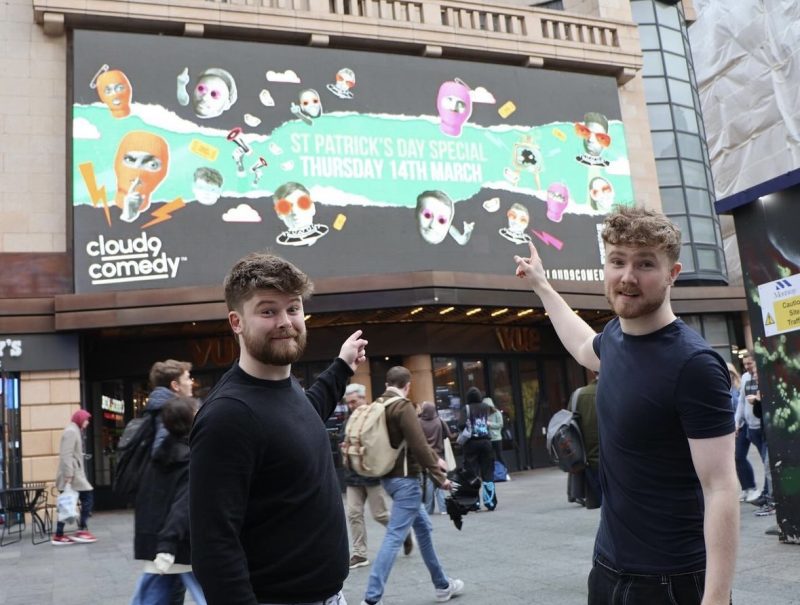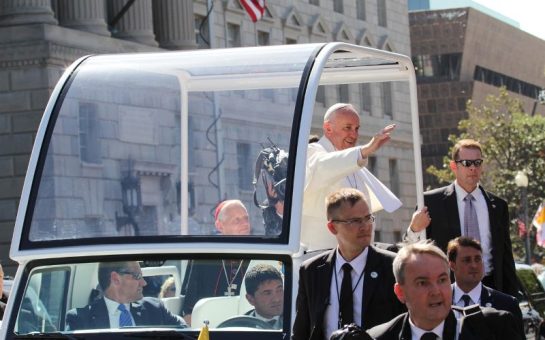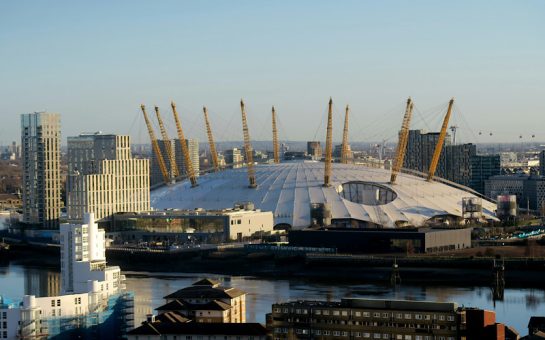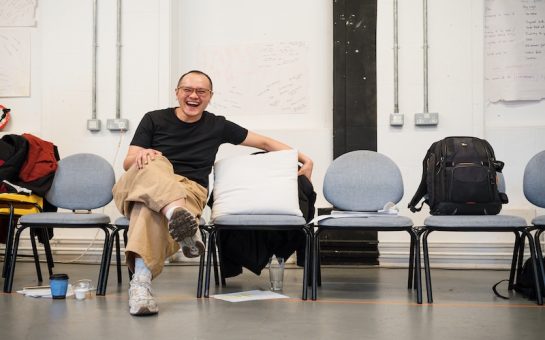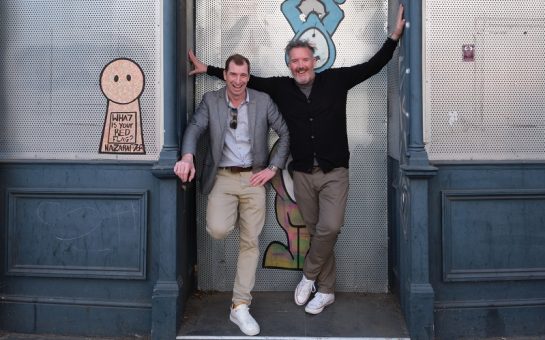If you find yourself in a London pub on a Friday night, there seem to be three main topics of conversation: the terrible weather, the state of TfL and the cost-of-living crisis.
With London being the most expensive city to live in the UK, it’s no wonder that the latter is a common complaint among Londoners.
With sky-high rental costs and steep living expenses, even those on steady salaries are having to tighten their belts, while those on lower incomes are struggling to simply make ends meet.
This is acutely felt by creatives, who are already dealing with irregular wages and a precarious job market.
London is often branded as a hub of culture and creativity, but with rising living costs- is it possible for those working in creative industries to actually find work and make a decent living?
Elliot Cass, co-founder of Cloud9 Comedy Club, recently quit his 9-5 job at a tech start-up to pursue his love for comedy.
He said: “I’ve always loved being creative.
“I really love running these comedy shows and it’s always nice meeting amazing comedians and really talented people because it keeps you inspired.”
But for Cass, it’s been an uphill climb to get here, having spent years working as a freelance actor/stand-up comedian.
He said: “When you get a job you feel great but then you wouldn’t have a job for another three months and then you’d feel awful.
“There’s no consistency and without consistency you’re screwed.”
Cass explained that a lot of the top club comics have other jobs, as well as stand-up, in order to make a living, with some comedians doing open mic nights six days a week to hone their craft.
“It’s hectic,” he said. “I remember working as a teaching assistant and I’d work till half three, I’d do two gigs after work, get home about half 12, then do all my admin before bed and do it all over again the next day.
“It was so unsustainable and I was only earning around £200-£300 a month from comedy.”
The difficulty for creatives during the cost-of-living crisis is often maintaining creativity and personal wellbeing in the face of financial hardship.
In the city, balancing a corporate job with personal artistic pursuits can be challenging and often stifle creativity.
Billy Pearson, 23, moved to Wimbledon to pursue acting, but says finding work has proved challenging.
He explained: “It’s far from easy to find work in my field. I’m lucky enough to have an agent who is constantly fighting for me, but even with that, auditions can be few and far between, and landing the role is more scarce.”
The capital is often seen as the centre of creativity and innovation, but even for those who are able to find work, finances are hard to manage and rental costs are sky high.
It’s these costs that have led to the creation of the London living wage, which is set higher than the rest of the UK.
Yet, for those engaged in irregular or freelance work this is not guaranteed. And, let’s be honest, can Londoners really afford to live on £13 an hour?
Pearson doesn’t think so.
He said: “You have to pay bills, rent, council tax, food- all of these costs are already hard to manage on the living wage.
“These necessities don’t begin to factor in someone’s social life and the importance of socialising is so overlooked.
“Working all the hours God sends and barely scraping by is detrimental to one’s mental health.”
Despite the challenges posed by the sheer cost of living in London, the city’s creative scene, diverse culture and networking opportunities continues to attract top talent, which is unlikely to change.
In fact, one in five London jobs are now in the creative economy, according to City Hall research.
It begs the question, is the trade-off between financial challenges and creative opportunities worthwhile?
Cass said: “I think it is worth it. There’s nowhere else like London because there are so many people and opportunities that will arise.
“But London is so hard to break into, the creative salary is usually not a lot and prices are expensive.”
Pearson added: “It can be very tight at times, but when you finally get to pursue something you truly love whilst feeling creatively stimulated, there’s nothing quite like it.”
Fortunately, some London-based companies are working hard to offer both creative opportunity and fair remuneration.
Independent creative, advertising agency, Pablo, for example, launched their own company living wage – guaranteeing staff a full-time minimum salary of £30,000 next year.
The average starting salary in the advertising sector today is £24,000, which has hardly changed in the last 15 years. In real terms, this means starting salaries have declined by more than a third.
Harriet Knight, joint managing director at Pablo said: “Our view is that if you want good people and you want to retain them, then you have to pay them well.”
“Healthy, thriving brains and open minds are what drive and fuel creativity. When your mind is under pressure and stress, especially from worrying about affording basic needs, then it completely curtails creativity.”
The agency aims to remove the financial burden from its employees living in London.
The introduction of the Pablo Living Wage aims to support junior staff and create an environment where individuals can truly thrive without the worry or concern of not being able to afford the career path they have chosen.
Featured image credit: Shuttershock
